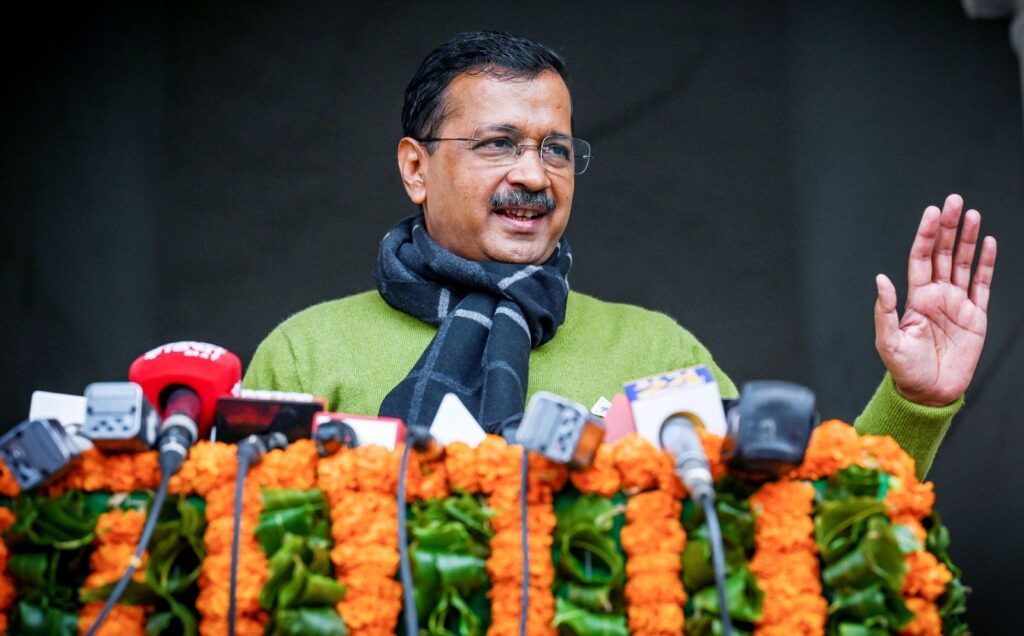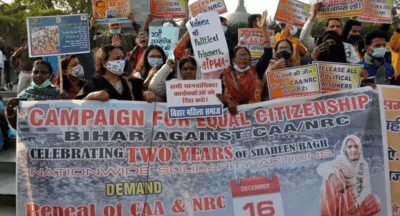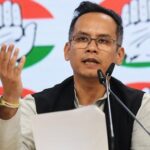The Aam Aadmi Party , led by Arvind Kejriwal, is poised for significant internal restructuring after its recent electoral loss in Delhi, which concluded the party’s decade-long governance in the national capital.
Kejriwal, the party’s national convener, has initiated a series of meetings with AAP’s top leadership to dissect the factors contributing to the defeat. He has engaged with all candidates, seeking detailed insights into the reasons behind their individual victories or losses.
The Bharatiya Janata Party , under Prime Minister Narendra Modi, secured a decisive victory in the Delhi Assembly elections, winning 48 out of 70 seats. This triumph marks the BJP’s return to power in Delhi after 27 years.
Prominent AAP leaders, including Kejriwal and his deputy, Manish Sisodia, were unseated in their respective constituencies. The party’s representation in the assembly has been significantly reduced, with only a few senior leaders, such as outgoing Chief Minister Atishi and Delhi convener Gopal Rai, retaining their seats.
In response to the electoral setback, Kejriwal is reportedly considering substantial changes within the party’s structure. This includes a potential overhaul of the leadership team and strategic adjustments aimed at revitalizing the party’s image and reconnecting with the electorate.
The defeat has prompted introspection within AAP, with discussions focusing on the need for a second line of leadership to navigate the party through this challenging period. The loss of key leaders has underscored the necessity for grooming new leaders to ensure the party’s resilience and future success.
Kejriwal has also extended his engagement to AAP leaders in Punjab, providing encouragement and emphasizing the importance of strengthening their efforts in their respective constituencies. This move is seen as an attempt to bolster the party’s morale and reaffirm its commitment to its broader political objectives.
The AAP’s defeat in Delhi has been attributed to various factors, including allegations of corruption against its leadership and a perceived disconnect with voters. Kejriwal’s arrest on graft charges in the previous year, which many viewed as politically motivated, may have also influenced public perception and voter sentiment.




 BJP Alleges Cong MP’s Wife Linked to Pakistan’s ISI
BJP Alleges Cong MP’s Wife Linked to Pakistan’s ISI 